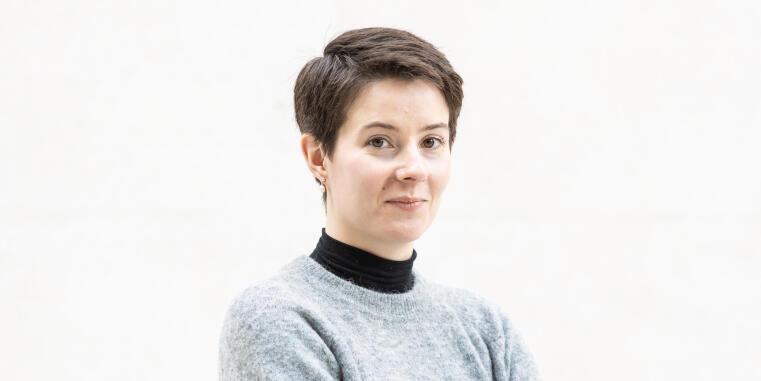

Dissertation Project
Communal Self-Administration and Textualisation Processes in the Shrine Records of the Parish of St. Kolumba, Cologne (working title)
The so-called shrine cards and shrine books of Cologne's parishes documented property transactions in Cologne from around 1130 until the conquest of Cologne by the French in 1794. No other city in the Holy Roman Empire has such an early, consistent and extensive record of its urban commune. The entries documented regular house purchases, inheritance regulations, hereditary leaseholds, annuities and pledges as well as neighbourly legal agreements. The lists of citizens of St. Laurenz are considered to be the origin of the shrine records. In the 11th century, the parishes were given jurisdiction over properties in their district by the archbishop. As early as around 1200, the so-called Anschreinung was no longer regarded as a mere note for the witnesses of a legal act transferring property rights, but as official testimony to this legal act. Almost 50 years later, the Anschreinung was the authoritative legal act.
The parish of St. Kolumba was the largest shrine district in Cologne, considering its area of 43 ha. While there are some studies on St. Kolumba itself, the research on its shrine books is still rather sparse. Presumably, the size of the district as well as the amount of shrine records involved discourage this.
As with all parishes within the former Roman city walls and the Rhine suburb, the city parish and the special urban community are congruent. In the oldest surviving statutes of St. Kolumba, the officiales are responsible for the upkeep of the parish church and church property, as well as for the care of the poor. In the 14th century, they even acted as jurymen of the parish senate court. Thus, there was no clear separation between these two institutions in the Middle Ages. The sources also refer to the actual civil shrine districts as parochia or Kirchspiel, and their inhabitants as parochiani or Kirchspielleute. Hence, these two local organisational units are often hardly distinguishable due to their terminological and topographical similarity. The origins of parishes go back well before the 12th century. The beginnings of the shrine system, on the other hand, cannot be clarified with final certainty.
The early shrine system of the 12th and 13th centuries offers insight into a fascinating period of change in urban history. The formation of the civic town commune coincides with the increasing textualisation of formerly purely oral legal customs. How these legal customs found their written form and how the institution of the shrine system was able to establish itself in a largely illiterate society will be the main concern of this study. The district of St. Kolumba is predestined for this, since we are dealing with a very large parish that was not the origin of the shrine system — it probably adapted it in its established form from the older shrines of St. Laurenz and Klein St. Martin — but had a very heterogeneous population. Additionally, considering this evaluation period, St. Kolumba was just beginning to develop in terms of settlement in the western part of the parish, which inevitably led to an active utilisation of the shrine system.
Within the framework of this project, the evaluation of the shrine books by the AI-supported software for text recognition 'Transkribus' will also be explored.
Supervisor: Prof. Dr. Carla Meyer-Schlenkrich
CV
Academic Education
since 2022 Doctoral studies in Medieval History
University of Münster2018–2022 Master's degree in History and Languages and Cultures of the Islamic World
University of Cologne2014–2018 Bachelor's degree in History and Oriental Studies
Friedrich-Alexander University Erlangen-Nuremberg2000 Abitur at the Valentin-Heider-Gymnasium
Lindau on Lake ConstanceOccupational History
since 09/2022 Research assistant
Chair of Westphalian Regional History at the University of Münster2017–2018 Student assistant
Papal charter project of the Regesta Imperii

